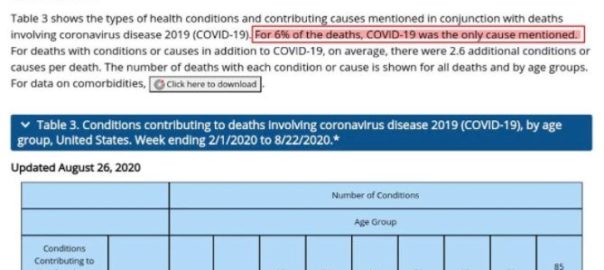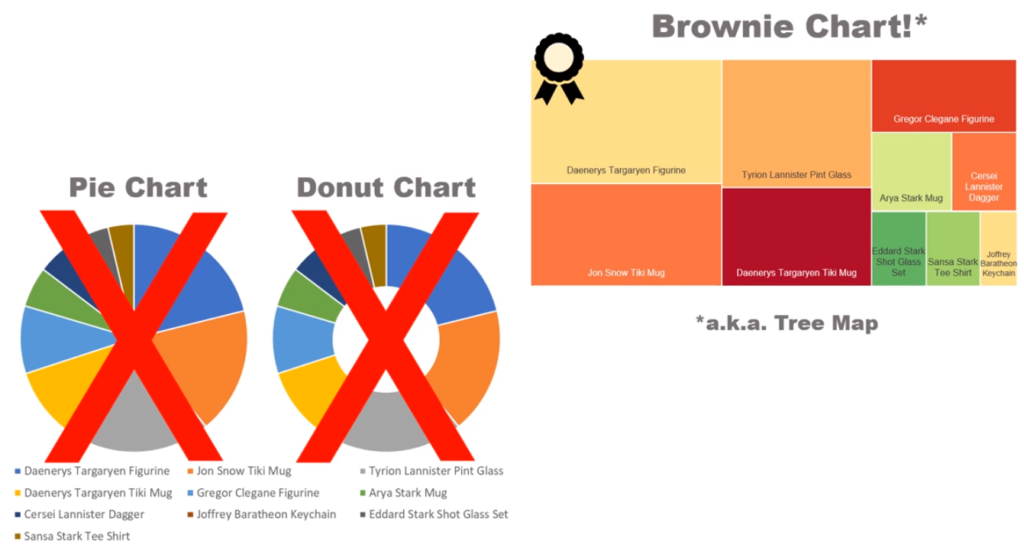A version of this was originally shared in a Pride edition of a newsletter behind my employer’s firewall.
I met Arnie at a job we both hated. It was Milwaukee in the mid-1980s, and we were earning a little better than minimum wage doing one of the most reviled occupations of that era: Outbound Telemarketing. He and I were seated next to each other in a vast, windowless room.
Along with dozens of other poor saps, Arnie and I each had a land line telephone in front of us, and a long list of phone numbers for households we were expected to call, pulling their residents away from dinners to ask them for donations.
To make the most of the work we got to know each other, and soon became pretty tight work friends. (I imagine the same thing happening today in similarly unpleasant workplaces. I’m picturing some Nebraska abattoir, disassembling livestock. Yes, telephone “boiler rooms” were that hellish. Think of that scene from The Wolf of Wall Street, where they were selling worthless stocks over the phone, just without the childish antics and cocaine.)
I explained to Arnie that my wife and I had moved to Milwaukee for work. That job evaporated with the early-eighties recession, and I took this in the evening hours to help pay the bills while I spent my days building a client base for my tiny direct response consultancy. And hey, it was still marketing, right?
I can’t recall exactly what work Arnie was out of, but we bonded over humor writing. Our friendship helped ease the deadening grind.
He was the first to tell me the good news — that he was able to quit for better employment. He had applied to lead the fund-raising arm of a vibrant cultural community center, one I won’t name here. And after several interviews, he had gotten the job! I think it was then that he disclosed why having employer-subsidized health insurance was so important to him. He had recently been diagnosed with HIV/AIDS.
We eventually lost touch, but not before I learned that when his employer found out he was gay, and had the deadly virus, they fired him. That was sadly not uncommon.
After that I kept tabs on him via a free, gay and lesbian newsletter distributed in places that stocked other free newspapers (as a history lesson, did you know that before The Onion was an online satirical news site, it was a free newsprint weekly? Arnie and I both loved it).
The name of Arnie’s monthly column in that gay newsletter was Positively HIV. That was so him. He wrote about the treatments he was pursuing, the experimental protocols, and the “adventures” he was having with homophobic family members.
Then one month they ran his obituary.
I miss Arnie. And I often think of him and all the other exceptional human beings we lost too young, to a disease whose lethality could have been blunted years earlier with meds if not for prejudice. Another history lesson: Our country’s president initially downplayed the severity of the epidemic and his administration resisted calls for increased funding for research and treatment. The CDC was initially prohibited from using the term “AIDS” in its reports. This, when thousands of Americans were dying every year.
You can learn more about this stain on our country through pop culture. Check out the latter two seasons of the Ryan Murphy series Pose, streaming on Hulu. Keep a box of Kleenex handy.
But just as Arnie chose to give his column a “positive” spin, I’ll wrap this up with the good things that came out of that dark time. I can think of several.
Similar to how police harassment in Manhattan led, in 1969, to the Stonewall Rebellion, HIV/AIDS galvanized the community even more. For instance, it gave rise to ACT UP, an organization that, among other things, shamed politicians into addressing the scourge.
There is a straight line from this dark period to the joyous Pride celebrations we know today.
I’m also convinced that it was the pitch black shadow of HIV that recently caused something extraordinary. Have you noticed that the U.S. is not dealing today with widespread infections of Monkey Pox, a.k.a., Mpox? This painful, disfiguring, and sometimes fatal skin-borne disease was spreading rapidly a few years ago, primarily through the gay community. That triggered a truly remarkable — and successful — vaccination drive. Because gay men got vaccinated in mass numbers, and took other protective measures, we are all far less likely to catch Mpox. Technically not an STI, the virus could have been unleashed across the general population if the number of gay men infected had become too great.
If he were here today, Arnie would be positively delighted.










